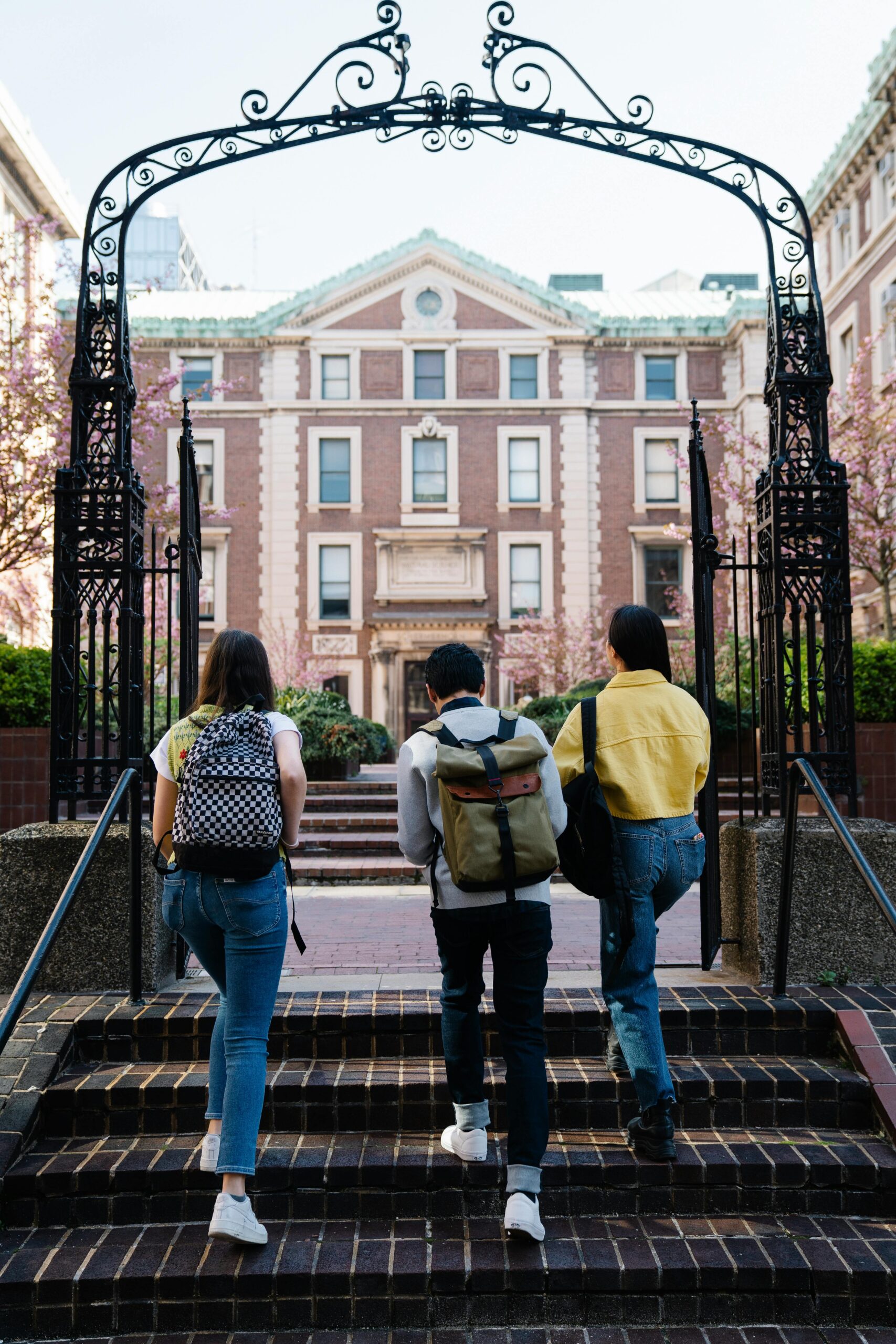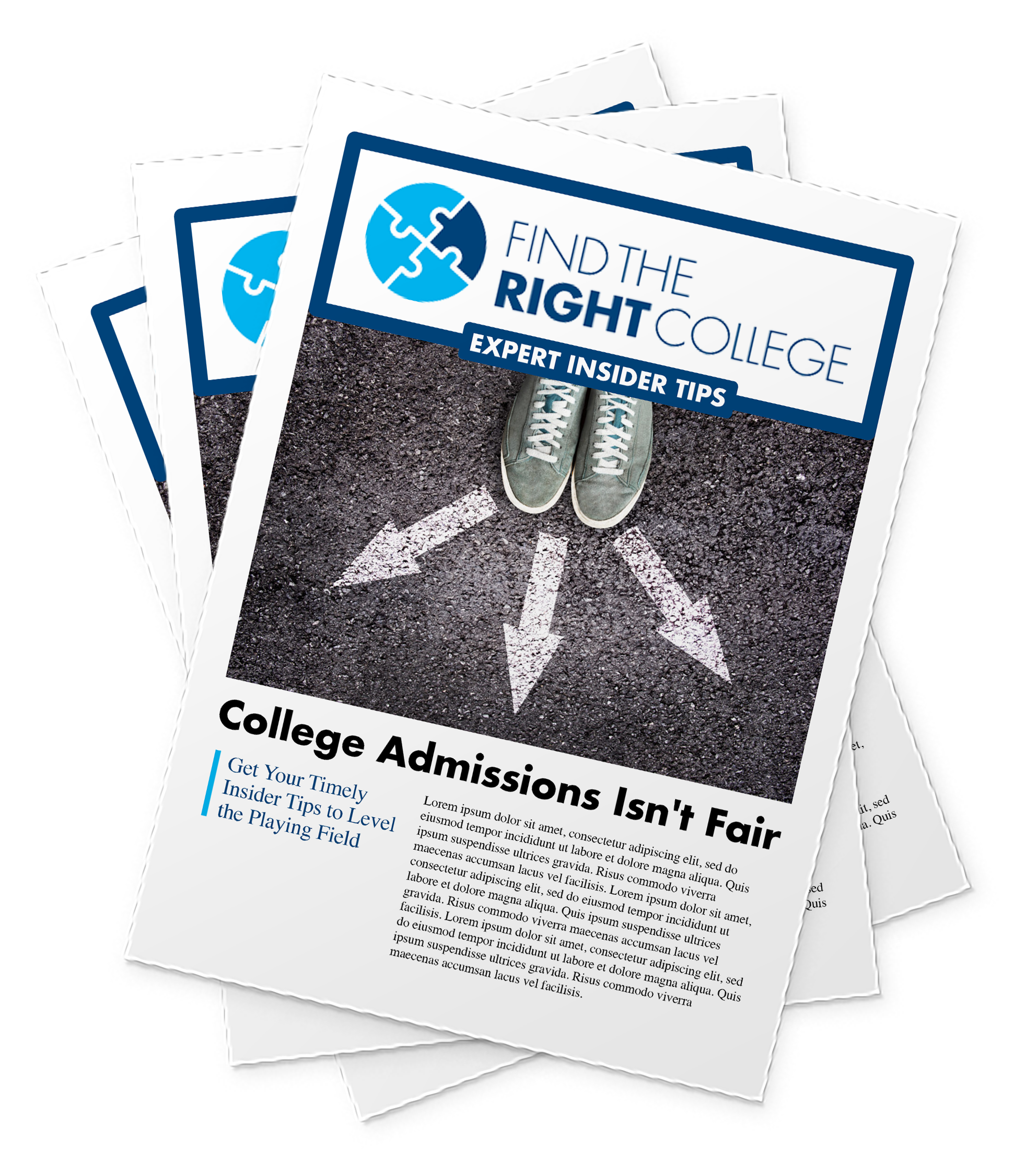Visiting colleges during the summer, when most students are away, can feel less productive, with the right approach and planning, these visits can still be constructive.
What can you do to maximize the value of a summer campus tour?
1. Personalize Your Visit
- Contact Admissions Early: Reach out to the admissions office in advance to schedule official tours, information sessions, and, if possible, specialized tours of facilities that match your interests (e.g., labs, dance studios, athletic centers).
- Request Meetings: With fewer crowds, admissions staff may be more flexible in arranging meetings with faculty, coaches, or administrators in your teen’s areas of interest.
- Research Ahead: Learn about the college’s programs, campus layout, and any summer events before your visit.
2. Engage with Available Resources
- Meet with Admissions Counselors: They can provide valuable information and may connect you with faculty or staff relevant to your interests.
- Talk to Student Tour Guides: Even in summer, some student guides are on campus and can offer honest perspectives about academics, campus life, and traditions.
- Explore Student Services: Visit offices for housing, financial aid, and support services to understand what resources are available.
3. Explore Beyond the Campus
- Check Out the Surrounding Area: Use the quieter summer months to explore the town or city, visit local restaurants, coffee shops, and popular student hangouts. This gives a sense of what life is like outside the classroom.
- Stay Local: If possible, book a nearby hotel and spend extra time in the area to get a feel for the broader community.
4. Make the Visit Interactive
- Ask Lots of Questions: With fewer visitors, tours are less rushed—take advantage by asking detailed questions about academics, housing, dining, and campus safety.
- Eat on Campus: Try the dining facilities to assess food quality and options, which is an important part of daily student life.
- Tour a Residence Hall: Even if students aren’t present, seeing the living arrangements helps visualize campus life.
5. Capture and Reflect
- Take Notes: Document your impressions and answers to your questions during or immediately after the visit. For instance, some families I know used Otter to record car conversations as they drove away from campus.
- Debrief Together: Discuss what stood out, what felt right or wrong, and validate your teen’s reactions. Open-ended questions like “What surprised you?” or “What did you like most/least?” can spark meaningful reflection.
6. Supplement with Virtual Resources
- Attend Virtual Events: Many colleges offer virtual campus tours, student panels, information sessions and Q&A sessions year-round. These can help fill gaps left by the quieter summer atmosphere.
7. Set Expectations and Stay Flexible
- Acknowledge the Differences: Recognize that summer visits won’t show the campus at its busiest. Use this as a chance to focus on facilities, logistics, and one-on-one conversations.
- Stay Positive and Patient: Teens may feel overwhelmed or disengaged. Keep the mood light, take breaks, and focus on gathering useful information rather than making final decisions.
Key Takeaways
Despite a few downsides, Summer visits are still valuable—they offer flexibility, quieter tours, and opportunities for personalized attention. Importantly, your preparation, curiosity, and reflection are essential for making the most of a campus visit when students aren’t present.
Fitz has dedicated the entirety of his 28 year career to encouraging higher education opportunities. He worked in the Vanderbilt, Duke Law and St. Lawrence admissions offices prior to serving as an enrollment management consultant for 200+ selective colleges around the country. He created Find The Right College to make trustworthy college counseling more accessible. Fitz is also the father of two teens so he also understands first-hand the challenges associated with a college search.



